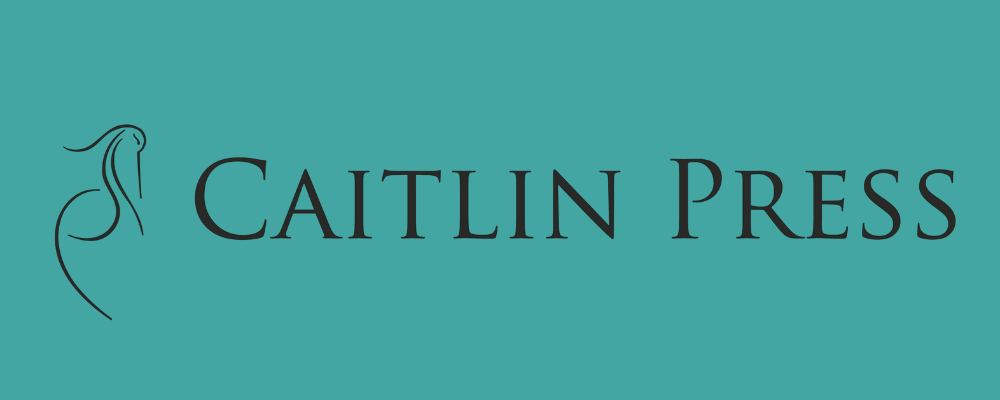Welcome to the fifth instalment of this blog series where individuals working across the book supply chain, from book production to distribution, wholesaling, bookselling, and more, share their visions of the book industry and what they think could be different in 2035. In this special edition, BookNetters share their predictions.
We encourage anyone working in the industry, from interns to C-level executives, to share their visions of the book industry for this series by submitting their contributions through this short form. Thanks in advance for sharing your visions with us!
Standards & metadata
BookNet Canada’s Bibliographic Manager, Tom Richardson says that by 2035, he expects everyone using the ONIX standard will be embedding well-defined market territories in their metadata. “While some publishers do an excellent job of providing market-defined metadata, a lot of the industry uses "home market" metadata out of their home market.” He adds that “if you've sworn at UK metadata, had difficulty with semi-correct US metadata overwriting the Canadian distributor, or wondered why anyone would think a currency code is the equivalent of a market statement, then you know something about the problem.”
Related to the ONIX standard, by 2035 he predicts that the industry will be:
providing Market statements accurately in their designated-by-EDItEUR spot in Product Supply
allowing their in-their-market-representatives to map their simple-to-use sales representative-driven spreadsheets onto Product Supply statements and having those reps use an ONIX-as-specified block 6 update to provide a direct-to-retailer market-specific update to metadata sourced from out-of-country. The source data is intact with accurate market metadata attached to it.
He added, “By 2050? Who knows: Those reps might even provide market-specific marketing collateral. Why will we be doing this by then? Because accurate metadata will increase sales and, if we don’t by 2035, the ability to provide this support this will have existed for well over a quarter century unused.”
EDI
By 2035, BookNet Canada’s Marketing & Events Manager, Nataly Alarcón, expects to see more traditionally marginalized people, BIPOC, LGBTQIA+ individuals, and people with disabilities, leading and taking space in the industry.
In 2035 she expects readers and book buyers will continue to demand and champion stories and works that better represent them and their experiences. She predicts this increase in representation, in terms of who gets to write and what stories are told, will be seen not only for Fiction works but also for Non-Fiction titles.
Accessibility
Concerning accessible books, a BookNetter thinks “we will begin to see more involvement of AI and VR in accessible book production workflows and how people with print disabilities read books. By 2035, AI may be able to help write more comprehensible and succinct image descriptions for images in books. AI could also help with the narration of audiobooks.”
They also mentioned that “while AI is on everyone's minds nowadays, there have also been murmurings of VR and how that can impact the reading experience for people with print disabilities by making books more flexible and adaptable to the reader's needs.”
They said, “I see AI and VR as tools to make books more accessible to readers and as a way to make these accessible books more efficient to produce and get into the hands of all readers.”
On this same topic, Nataly Alarcón said “I expect that with the help of technology and government funding, the simultaneous release of books in multiple, accessible formats will be more common and easier to achieve for publishers of all sizes.”
Cybersecurity
Carol Gordon, BookNet Canada’s Director of Product Development (Interim), thinks that “there will be a more security-first mindset when it comes to protecting all types of company data. Recent cyber attacks on Indigo and Canadian public libraries demonstrate that our sector can be a target for bad actors. To mitigate this risk, I think companies will take a proactive approach to staff training, encryption of sensitive data like staff and customer personal information, regular data back-ups to safe locations, and development of disaster recovery scenarios.”
Your turn
What do you think will be different in the industry in 2035 than it is today? Do any of these predictions spark ideas for what you would like to see happen in the future? Share your thoughts through this short form. Feel free to think expansively — and specifically.















Sales and library circulation data of Body, Mind & Spirit titles during the the first quarter of 2025.